Why Protein is Important for PCOS
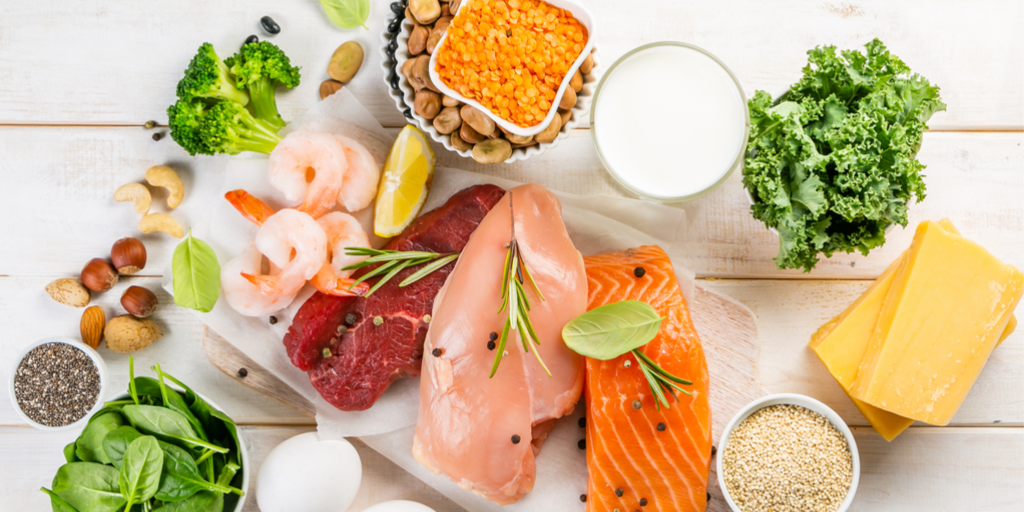
If you have PCOS, you are probably overwhelmed by the amount nutrition info on social media. While there is no “one best fits all approach” diet for women with PCOS, there are 2 principles I think everyone can agree on – eat more vegetables and consume adequate protein! And of course there are many other components that should be part of a healthy diet for PCOS. But today I’m focusing on the importance of protein. Read on to find out why protein is so 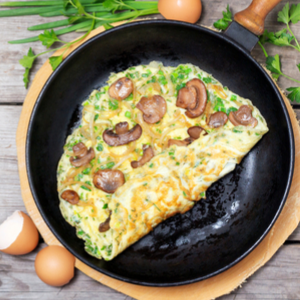 important for PCOS. Hint: and it has to do with taming carb cravings and aiding in weight loss.
important for PCOS. Hint: and it has to do with taming carb cravings and aiding in weight loss.
The majority of women I counsel with PCOS tell me they feel hungry a lot, have carb cravings and difficulty losing weight. Consuming adequate protein can help in all these areas. One large study showed the type of protein you eat may even have an impact on your fertility!
Why protein is important for PCOS
-
Protein helps keep you feeling full
One of the biggest complaints I hear from my clients with PCOS is frequently feeling hungry as well as major carb cravings. The good news about protein rich foods is that they can help you feel full longer … and ward off carb cravings. Think about what makes you feel fuller – an omelet for breakfast or a bowl of cereal? Numerous studies have demonstrated that diets higher in protein can help you feel full longer. The exact mechanism as to how protein increases satiety is not known. A recent study in Cell, mapped out chain reactions of signals that were sent to the brain after digesting protein. These signals were somehow able to indicate satiety.
-
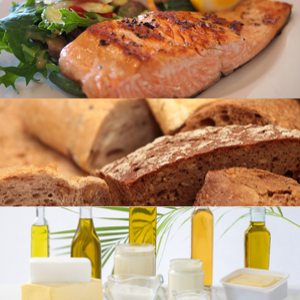 Eating protein burns more calories than other foods
Eating protein burns more calories than other foods
You actually burn more calories digesting some foods (called diet induced thermogenesis) than others. The thermogenic effect of fat is 0-3%, carbs are 5-10% and protein is 20-30%. This means you would burn approximately 25 calories when digesting 100 calories of protein. And for that 100 calorie slice of bread, you only burn 5-10% in digestion.
-
Protein at breakfast can curb craving later in the day
Starting the day with some protein can help curb cravings later in the day. A study that appeared in the American Journal of Clinical Nutrition demonstrated that “eating a protein-rich breakfast impacts the drive to eat later in the day, when people are more likely to consume high-fat or high-sugar snacks,” says study author Heather Leidy.
-
Protein can help prevent loss of muscle mass that occurs with dieting

Did you know what when you lose weight, some of this loss tends to come from muscle? This is the last thing you want to do because muscle burns more calories than fat. One pound of muscle burns 7-10 calories as compared to fat which burns 2-3 calories (source: Sparkpeople). This study showed that increasing your protein intake while dieting will prevent loss of muscle mass. And better yet – add in weight training in addition to consuming adequate protein!
-
Time your protein intake for even better results
It’s been shown that we can’t utilize much more than 30 grams of protein at at time (source SCAN Sports, Cardiovascular and Wellness Nutrition Spring 2011 newsletter p. 2) . So if your weight loss diet consists of a bowl of cereal for breakfast, a vegetable salad for lunch and a large piece of fish for dinner, while you may actually be meeting your protein needs, you are not eating optimally as your diet is too low in protein during the day and bottom loaded at night. You’d be better off adding protein to your salad, having a smaller piece of fish at dinner and adding some Greek yogurt (dairy or dairy free) to your cereal. Now you have a good protein source at all meals.
-
Eating protein (and fat) BEFORE carbs can help lower the glycemic response
Eating the protein, fat, non-starchy veggies before the carb will help to keep blood sugar levels lower. While this technique is not always practical (ie. dissecting your sandwich or sushi roll!), it can sometimes work! Reference
-
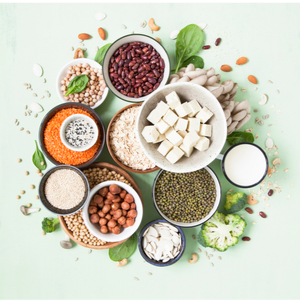 Vegetarian protein can help reduce ovulatory infertility risk
Vegetarian protein can help reduce ovulatory infertility risk
The Nurses’ Health Study II (NHS II) showed consuming vegetable protein instead of carbohydrates or animal protein (in particular chicken and red meats) was associated with a substantially lower risk of ovulatory infertility. The reasons for this is unclear. One possible explanation could be due to differential effect of animal and vegetable protein on circulating IGF-I levels. Elevated levels of free IGF-I may be involved in the development of PCOS 25, 26, the most common cause of anovulation. Holmes and colleagues found that, in women, animal protein intake was positively associated with IGF-I levels while vegetable protein intake was not related to this hormone 27. More studies are needed as this study only shows association. But in the meantime, it’s recommended to obtain your protein from both plant and animal sources. FYI: this study showed soy had a positive effect on fertility.
-
Protein plays a role in hormones and enzymes
Protein influences the release of hormones that control appetite and food intake.Research has shown that eating protein decreases levels of the “hunger hormone” ghrelin and stimulates the production of hormones that help you feel full, including PYY and GLP-1.
The bottom line
Protein is an important macronutrient for PCOS. Do your best to start the day with a good protein source, along with some fat, fiber and healthy carb. It sets the tone for the rest of the day and can even help prevent cravings later on. In addition, “time” your protein by having a moderate protein at all meals. This will help keep you feeling full longer and may even help with weight loss. But make sure you don’t become overly focused on protein. Work on making sure the rest of your diet is healthy too! Lastly, consume a variety of protein sources – both plant and animal.
Do you have any questions for me on protein?
RELATED POSTS
MEET MARTHA
I especially love problem-solving, whether it’s helping women defeat issues plaguing them for years, helping a busy executive find practical ways to get heart healthy, or providing tips to help you reverse diabetes. That’s why I’m on a constant quest to expand my knowledge by staying on top of the latest research.
1 Comments
Leave a Comment
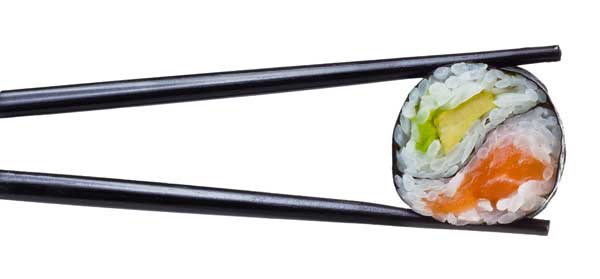
20 Ways To Eat Out 550 Calories or Less!
No time to cook? We’ve got you covered. Here are 20 healthy meals from a variety of cuisines that won’t pack on the pounds. Most of them also have less than 30 grams of carbs.
Subscribe to my newsletter and get this free download.
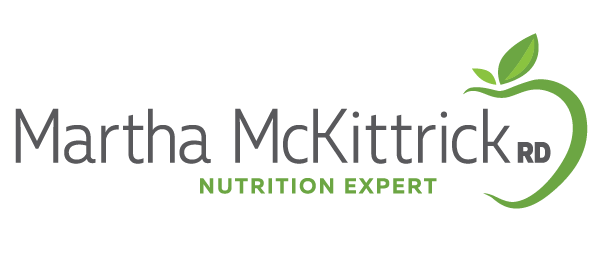



it was very knowledgable but still wanna know what type of protein to intake